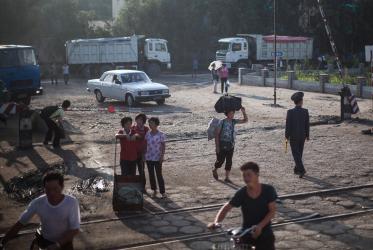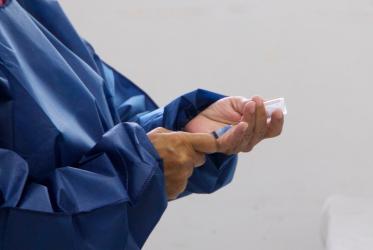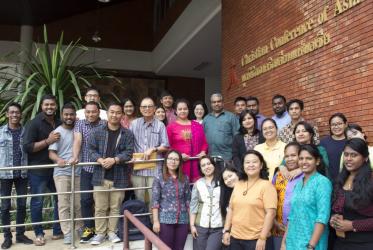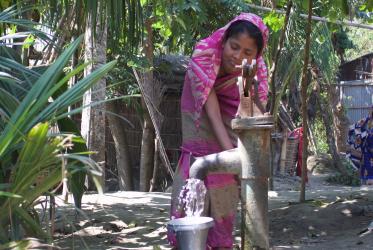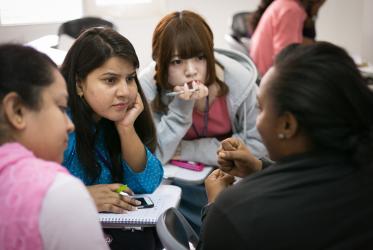Displaying 1 - 20 of 37
Unity is key when health crisis poses new challenges in Asia
28 February 2022
Peacemakers at work in Sri Lanka
29 April 2019
WCC calls for prayer for flood-stricken Kerala, India
18 August 2018
WCC delegation visits China
04 January 2018
Voices from HIV workshop reflect deep impact
07 April 2016
